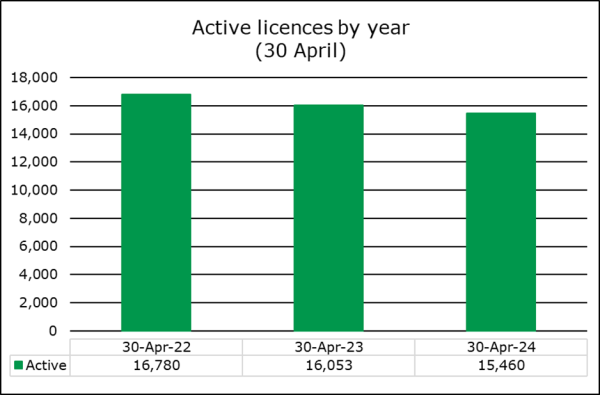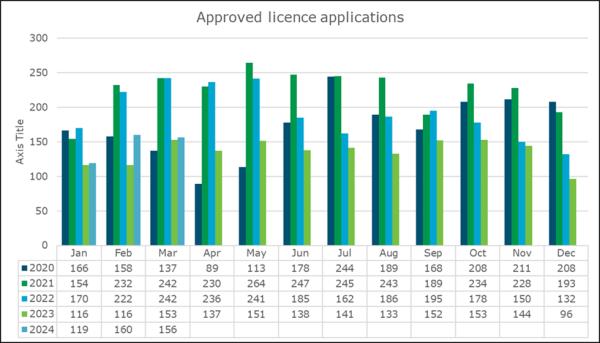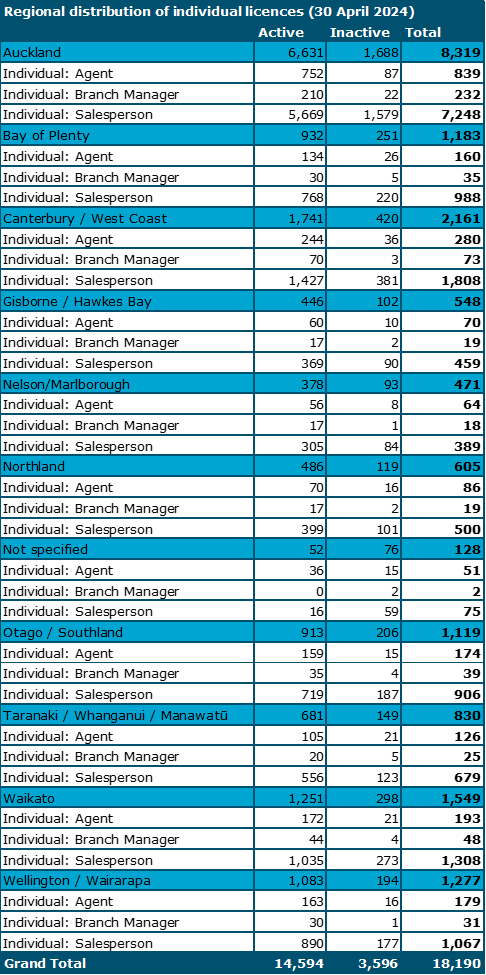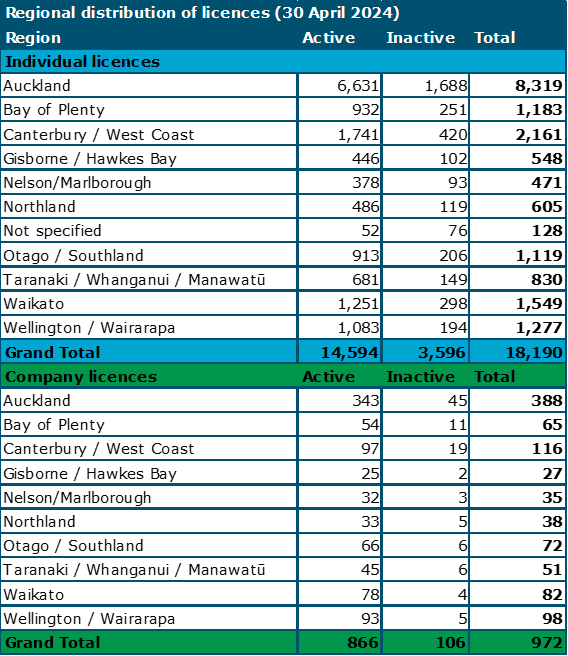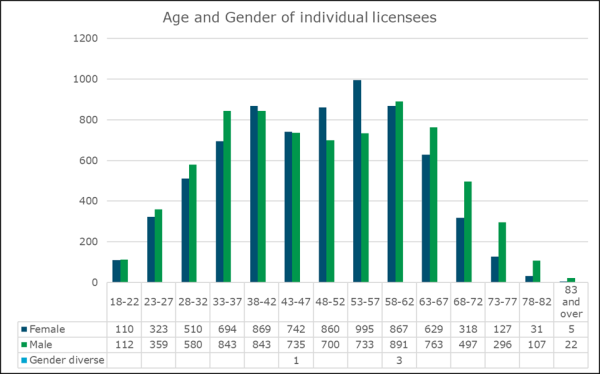PHOTO: FILE
Decline in Real Estate Agent Numbers in New Zealand: An Analysis of Market Dynamics
The real estate industry in New Zealand has witnessed a notable decline in the number of active agents, dropping from 16,780 in April 2023 to 15,460 in recent months. This reduction in the workforce is significant and reflects deeper trends and challenges within the real estate market. Several factors contribute to this shift, primarily rooted in the current market conditions and economic environment.
Market Slowdown and Reduced Transactions
One of the primary reasons for the decrease in real estate agent numbers is the overall slowdown in the housing market. After a period of significant growth and high activity, the New Zealand property market has cooled. Various factors, including increased interest rates, tighter lending criteria, and broader economic uncertainties, have led to a reduction in property transactions. With fewer homes being bought and sold, the demand for real estate agents naturally declines.
Rising Interest Rates and Lending Restrictions
The Reserve Bank of New Zealand has implemented several interest rate hikes to combat inflation. Higher interest rates increase the cost of borrowing, making mortgages more expensive for buyers. Consequently, potential homebuyers may delay purchasing decisions, leading to a drop in market activity. Additionally, stricter lending criteria imposed by banks have made it more challenging for buyers to secure financing, further reducing the number of property transactions.
Economic Uncertainty
Economic uncertainty, both globally and domestically, has also contributed to the downturn in the real estate market. Concerns over potential economic slowdowns, inflation, and geopolitical tensions can lead to a more cautious approach from both buyers and sellers. This caution results in fewer listings and lower transaction volumes, impacting the need for real estate agents.
Impact on Real Estate Agents
Real estate agents rely heavily on transactions to earn commissions. When the market slows, agents face increased competition for a shrinking pool of clients and listings. This competitive environment can make it difficult for less established agents to maintain their income, leading some to leave the industry. The decline in agent numbers suggests that many may have found the current market conditions unsustainable.
Regulatory and Compliance Challenges
In addition to market conditions, real estate agents in New Zealand face stringent regulatory and compliance requirements. The Real Estate Agents Authority (REAA) enforces rigorous standards for conduct, training, and ongoing professional development. While these regulations ensure high standards within the profession, they also add to the operational burden for agents. For some, the cost and effort of maintaining compliance in a slow market may outweigh the benefits, prompting them to exit the industry.
Shifts in Career Opportunities
The broader labor market in New Zealand has seen shifts that might attract potential real estate agents to other sectors. With rising demand in areas like technology, healthcare, and education, individuals seeking stable and lucrative career paths might choose these fields over real estate, especially during periods of market instability.
Looking Ahead
While the decline in the number of real estate agents reflects current market challenges, it is also a natural part of the real estate cycle. As the market adjusts and potentially recovers, the demand for skilled agents is likely to rise again. For those remaining in the industry, the current climate presents an opportunity to refine their skills, focus on client relationships, and adapt to changing market conditions.
REA licensing statistics (02 May 2024)














